Financing Your Investment Property
Last Updated
May 5, 2020
Written by
First Family Credit Union
How to Get Started on Your Commercial Investment
There are many reasons to start investing in real estate. Investing in property is a great way to generate passive income. Commercial properties generally have an annual return between 6% and 12% of the purchase price, which is higher than the range of investing in single family home properties (1%-4%). Before you can reap its benefits, you must finance your property. Here are a few tips to get you started.
1. Choose a Sizable Down Payment
To secure traditional financing from a lender, you will need to put down around 15%-35% in order to qualify for a loan. If possible, putting more money down can potentially lower your interest rates in the long run.
2. Check Your Credit Score
There are different factors that could affect your ability to receive a loan from a lender. Before proposing a deal, check your credit score. Your credit score can affect interest rates throughout the process and can tack on additional fees.
3. Consider Your Business Finances
Lenders will need to verify that your business will be making the required cash flow to pay back your loan. Along with this, commercial lenders will check your business’ credit score and other terms such as interest rate and down payment requirement.

Find a Loan That Best Fits Your Needs
Once you’ve considered all the requirements to acquiring a loan, the next step is finding the proper one that fits your needs. For a more in-depth evaluation of available commercial real estate loans, view our Commercial Real Estate Basics Guide here.
Below are a few most common options to get you started:
1. Conventional Commercial Loans
This type of loan is typically the most common method for investors. Of any type of commercial real estate financing, conventional loans offer the longest terms and have lower interest rates.
2. Hard Money Loans
Hard money loans are provided by private investors that base their loans on property value. The financing of these loans can be secured in a shorter time span rather than months. Repayment periods also range from 6 to 24 months. With that being said, interest rates are typically higher when choosing to go with this type of loan.
3. SBA Loans
There are two types of loans that are offered through the U.S. Small Business Administration—SBA 7(a) loans and SBA 504 loans. Lenders tend to charge lower interest rates on this type of loan because the SBA guarantees the repayment on part of a loan. There are several requirements that be met before qualifying for this type of loan.
Take the First Step Towards Making a Real-Estate Investment
Let us help you plan and explore your investment options!



